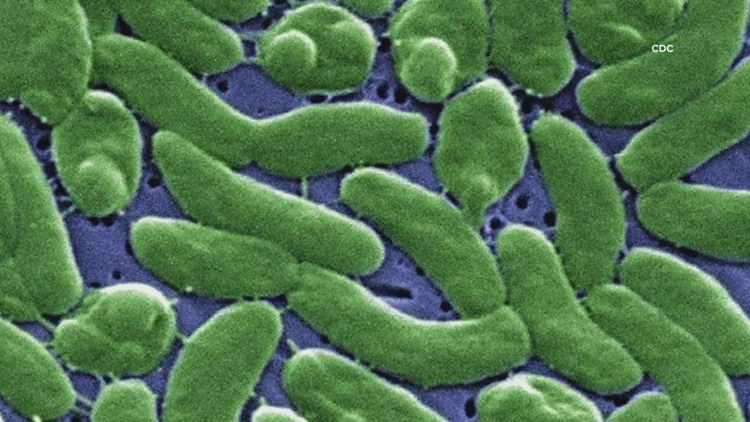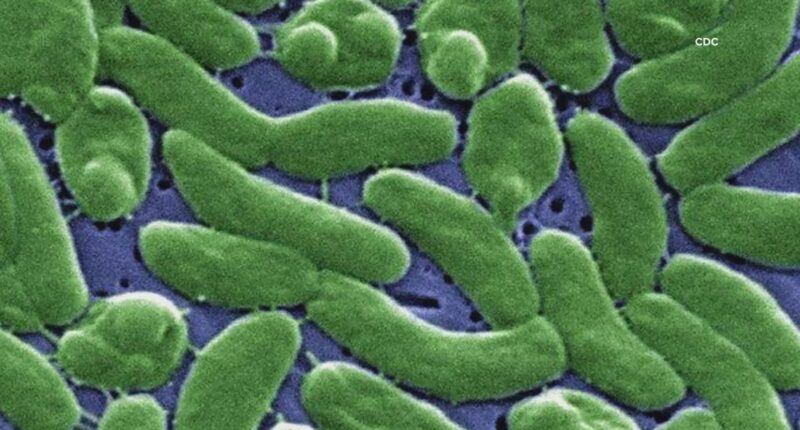Share this @internewscast.com

Health officials confirm 6 deaths and 34 infections from Vibrio vulnificus in 2025.
NEW ORLEANS — Two individuals have passed away after consuming Louisiana oysters contaminated with a flesh-eating bacterium, according to WBRZ. These oysters were sourced from Louisiana and later served at dining establishments in both Louisiana and Florida.
State health authorities reported that an additional 14 people contracted Vibrio vulnificus, a severe bacterial infection, after eating the oysters, as confirmed by our partners.
So far this year, Vibrio vulnificus has caused 34 infections and six deaths — the highest total Louisiana has seen in the past decade.
“It’s widespread right now,” stated Jennifer Armentor, who manages the molluscan shellfish program for the Louisiana Department of Health. She provided this update during a session with the Louisiana Oyster Task Force on Tuesday.
Seafood businesses highlighted that the state imposes stringent harvesting and safety measures. Additionally, restaurants are legally obliged to display warnings regarding the dangers of consuming raw oysters and seafood.
Precautions that can help keep you safe according to the Louisiana Department of Health:
- Stay out of brackish or salt water if you have a wound (including cuts and scrapes), or cover your wound with a waterproof bandage if there’s a possibility it could come into contact with brackish or salt water, raw seafood, or raw seafood juices.
- Wash wounds and cuts thoroughly with soap and water if they have been exposed to brackish or salt water, raw seafood, or raw seafood juices.
- If you develop a skin infection, tell your medical provider if your skin has come into contact with brackish or salt water, raw seafood, or raw seafood juices.
- Use caution when consuming raw or undercooked seafood, especially if you have a weakened immune system, are pregnant, or have certain medical conditions like liver or stomach disorders.
- Always wash your hands with soap and water after handling raw shellfish.
- Avoid contaminating cooked seafood with raw seafood and their juices.
If you are in a group at higher risk for severe infection:
- Wear clothes and shoes that can protect you from cuts and scrapes when in brackish or salt water.
- Wear protective gloves when handling raw seafood.
More information can be found at the following links:
Click here to report a typo.
► Stay informed with the latest news from your area by downloading the new FREE WWL-TV News app available on the iOS App Store or Google Play.

















